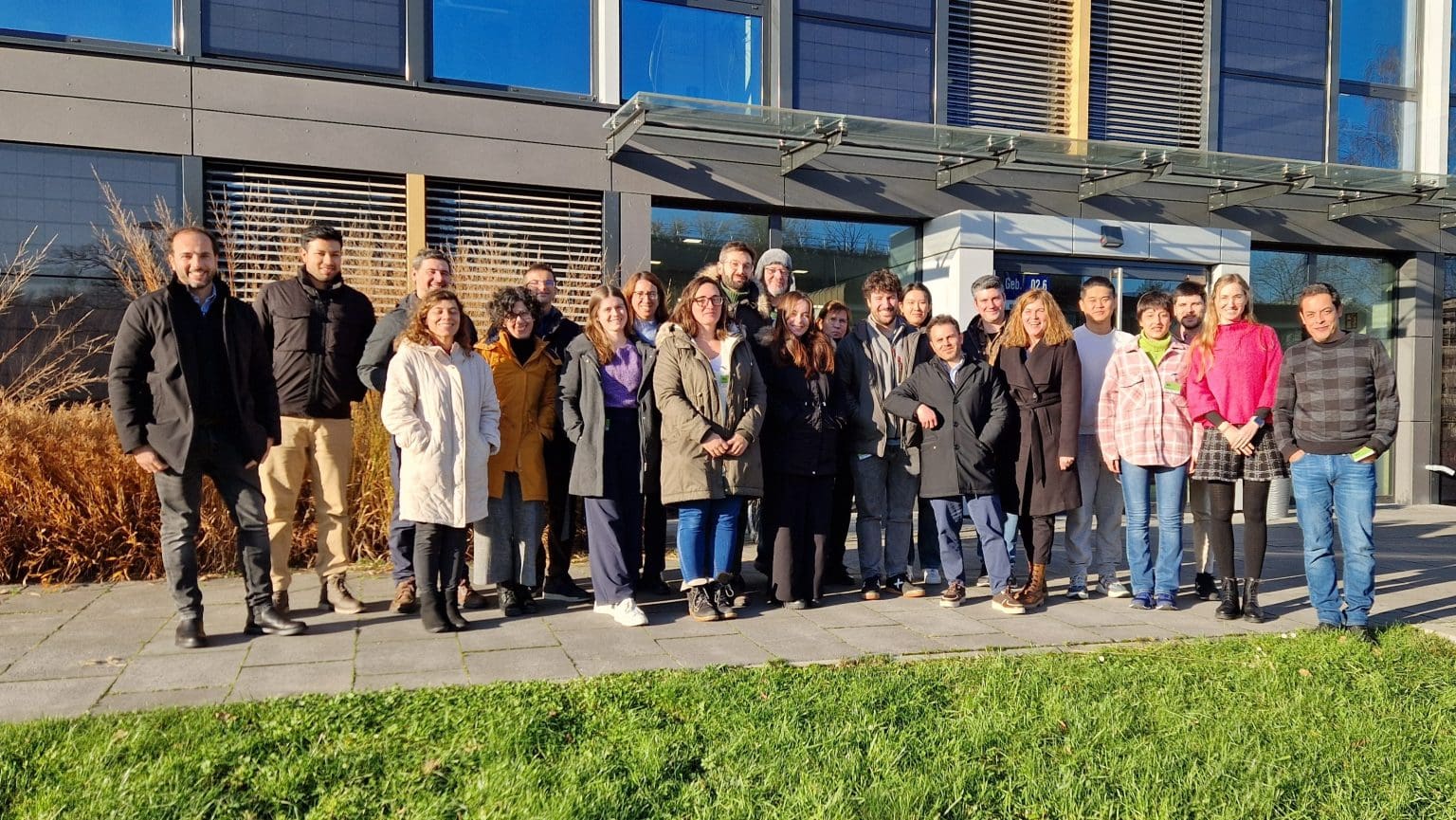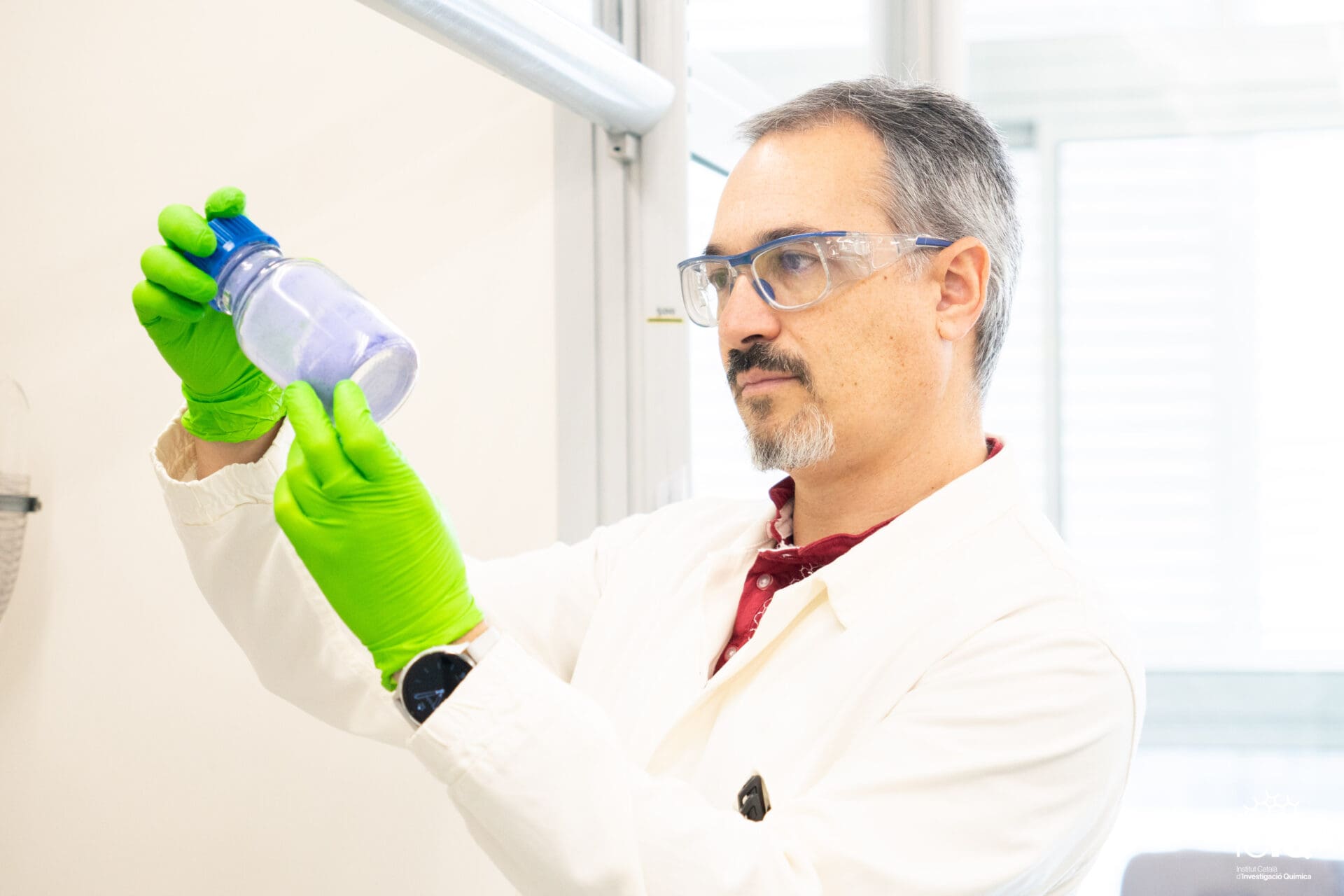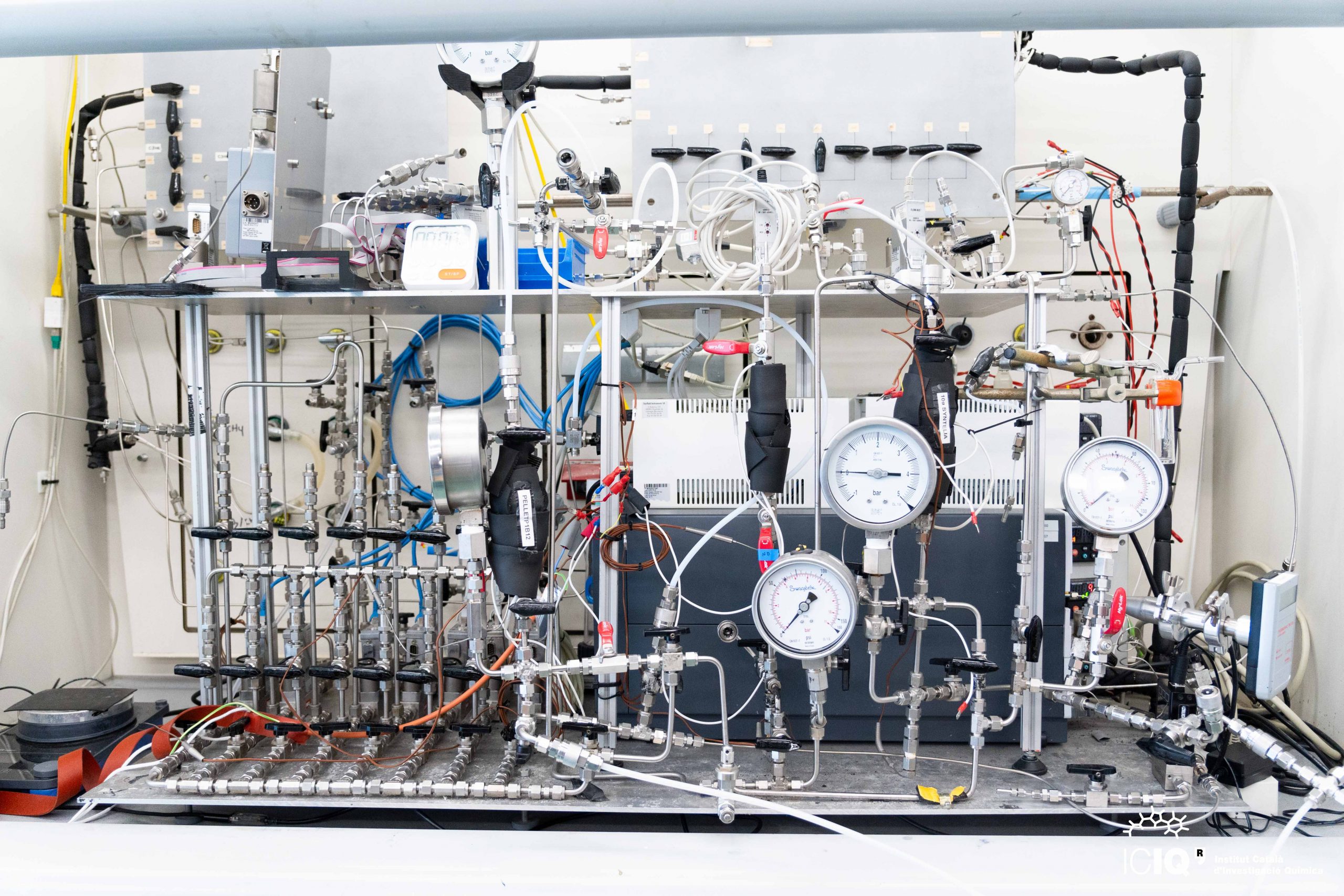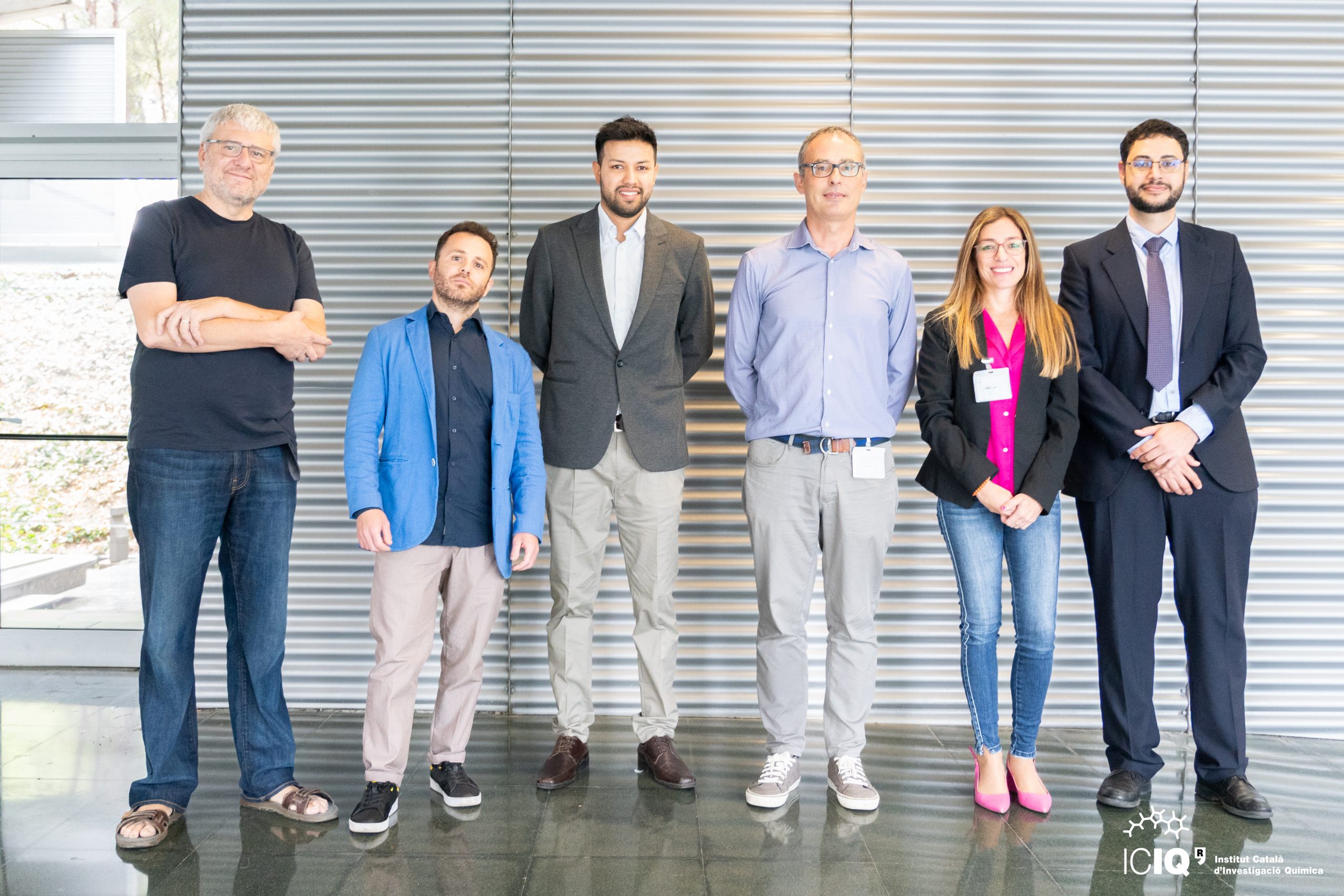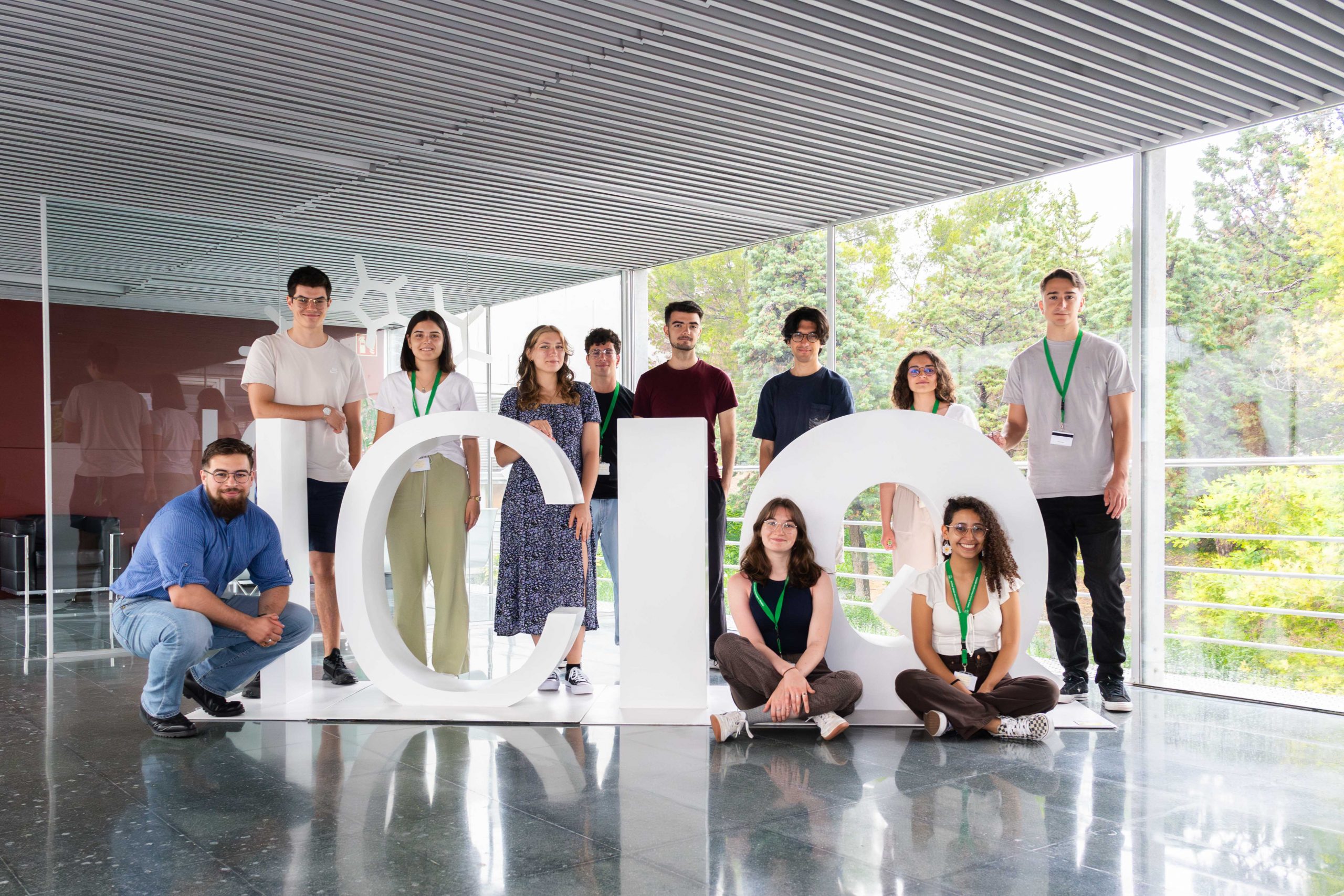High-valent Cp*Co(IV) in C-H functionalization reactions revealed
A collaboration among the Galán-Mascarós, Maseras and Pérez-Temprano ICIQ groups has brought forth a strategy that uncovers how Cp*CoIV species are the real intermediates in Cp*Co-mediated C-S nucleophilic couplings. PhD student Sara López Resano, first author of the paper shares the results, published in Angewandte Chemie International Edition.
What have you done?
We set out to understand how Cp*CoIII catalysed C-H functionalisation, specifically the mechanistic process leading to the C-S bond formation through reductive elimination. We first synthetised the [Cp*CoIII(2-ppy)(SCF3)] complex – which is the first example of an isolated Cp*CoIII cyclometalated compound supporting a nucleophilic ligand after reacting with a nucleophilic coupling partner – and then set forth to investigate the C-SCF3 coupling. Against what was proposed, heating [Cp*CoIII(2-ppy)(SCF3)] did not yield the desired product, so we performed DFT calculations that pointed to a high energy barrier for the C-S bond formation, hinting an alternative and unknown mechanism was happening.
Our work shows the formation of CoIV species prior to the C-SCF3 coupling, by using different 1-electron chemical oxidants, which was also confirmed through DFT calculations. As it’s already known for Ru, Ir and Rh systems, the oxidation state of the cobalt center is key for enabling the coupling of nucleophilic partners, providing lower energy barriers and downhill routes when oxidising the metal. Finally, to confirm the oxidative induced C-SCF3 reductive elimination event, we also triggered the reaction electrochemically without the aid of any chemical oxidant.
Why is this important?
By knowing how the mechanism occurs, and now we know how it works, we can expand its reactivities. Now, we can design different cobalt catalytic cycles to use a wide variety of nucleophiles as coupling partners, which wasn’t possible until now. By combining the knowledge and expertise from the three groups we managed to make our research rounded and reliable.
Reference article:
Redefining the Mechanistic Scenario of Carbon–Sulfur Nucleophilic Coupling via High‐Valent Cp*Co(IV) Species. López-Resano, S.; Martínez de Salinas, S.; Garcés-Pineda, F. A.; Moneo-Corcuera, A.; Galán-Mascarós, J. R.; Maseras, F.; Perez-Temprano, M. H. Angew. Chem. Int. Ed. 2021, DOI: 10.1002/anie.202101390.
Sara López Resano is a PhD student who joined ICIQ in 2018. In 2019 she was awarded a FI Fellowship to work on the project “Single-electron transfer in computational homogeneous catalysis.” Her research combines experimental (Pérez-Temprano group) and computational (Maseras group) approaches.
Related news

Let's create a brighter future
Join our team to work with renowned researchers, tackle groundbreaking
projects and contribute to meaningful scientific advancements






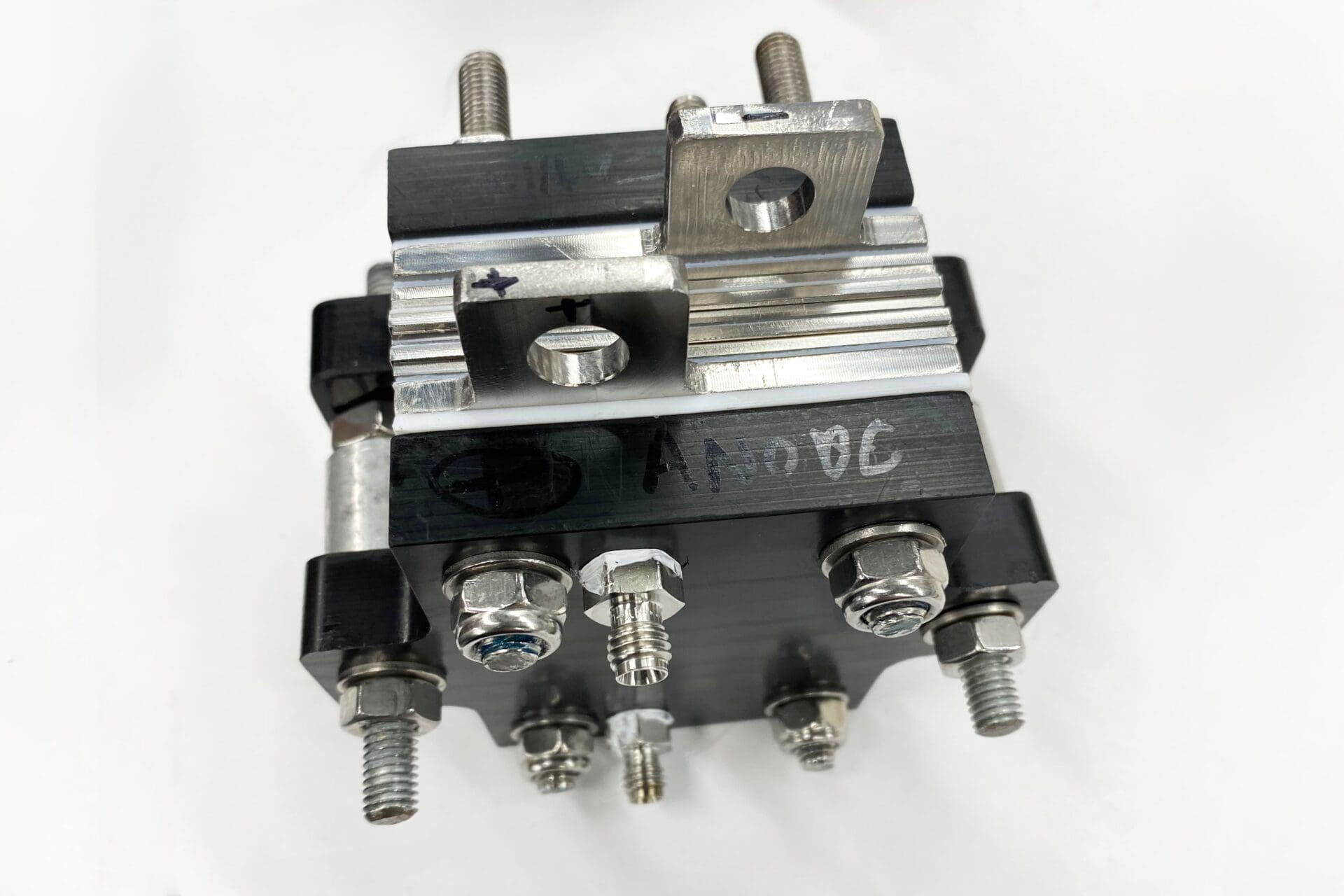
 09-12-2024
09-12-2024 